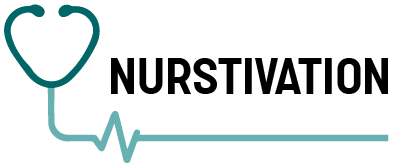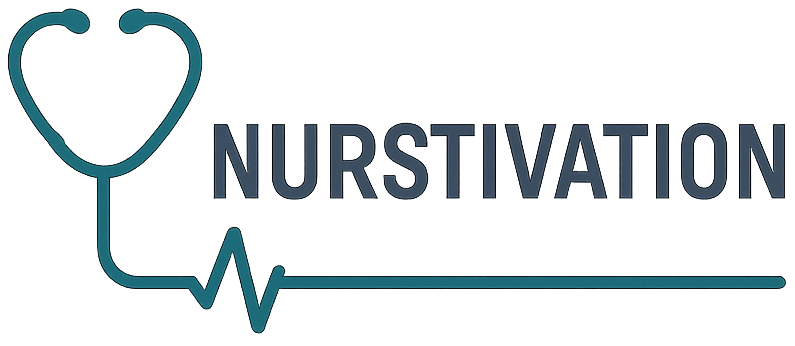Introduction
It’s easy to brush off small aches, pains, or fatigue in today’s fast-paced world. But your body has a way of speaking up when something isn’t right. While not every symptom needs immediate medical care, some signs are too serious to ignore. Acting quickly could prevent long-term complications—or even save your life.
Here are the top warning signs that mean you should stop waiting and see a doctor immediately.
1. Chest Pain or Pressure
Why it matters:
Chest pain can signal a heart attack, especially if it spreads to your arm, jaw, or back, or is accompanied by shortness of breath, sweating, or nausea.
What to do:
Don’t wait it out. Call emergency services or go to the ER immediately.
2. Sudden Shortness of Breath
Why it matters:
Difficulty breathing may point to serious conditions like asthma attacks, pulmonary embolism (blood clot in the lungs), or heart failure.
What to do:
Seek urgent care if breathing problems come on suddenly or feel intense.
3. High, Persistent Fever
Why it matters:
Fevers above 103°F (39.4°C) or fevers lasting more than 3 days could indicate infections, inflammation, or sepsis.
What to do:
Monitor the duration and accompanying symptoms. Seek care if the fever persists or worsens.
4. Severe or Sudden Headache
Why it matters:
A sudden, intense headache—especially if it’s “the worst you’ve ever had”—can mean a brain aneurysm, stroke, or meningitis.
What to do:
Get emergency help if the headache is severe or paired with confusion, stiff neck, or vision issues.
5. Uncontrolled Bleeding or Blood in Stool, Urine, or Vomit
Why it matters:
Seeing blood where it shouldn’t be (vomit, stool, or urine) or bleeding that won’t stop may signal ulcers, internal bleeding, or injury.
What to do:
Visit the ER or urgent care, especially if bleeding is heavy or repeated.
6. Sudden Confusion or Difficulty Speaking
Why it matters:
These could be signs of a stroke. You may also notice drooping on one side of the face or trouble lifting one arm.
What to do:
Act F.A.S.T. and call emergency services. The sooner you act, the better the chances of recovery.
7. Severe Abdominal Pain
Why it matters:
Sharp or worsening abdominal pain may indicate appendicitis, gallstones, kidney stones, or digestive complications.
What to do:
If pain is persistent, worsens, or comes with fever or vomiting, don’t ignore it—see a doctor right away.
8. Unexplained Weight Loss
Why it matters:
Losing 10+ pounds without trying could be due to chronic illnesses, thyroid problems, or even cancer.
What to do:
Get a full check-up to rule out underlying issues.
9. Numbness or Tingling (Especially One Side of the Body)
Why it matters:
Sudden numbness or weakness could be due to a stroke or nerve damage.
What to do:
Pay attention if this comes on suddenly or affects your ability to move.
10. Sudden Vision Changes
Why it matters:
Blurry or double vision, or sudden loss of sight, can be a warning of stroke, head injury, or retina issues.
What to do:
Seek medical care immediately—especially if the issue appears out of nowhere.
Conclusion: Listen to Your Body—It Knows When Something’s Wrong
You know your body better than anyone. If something doesn’t feel right, don’t hesitate to seek medical attention. Catching symptoms early can mean faster healing, fewer complications, and better outcomes.


